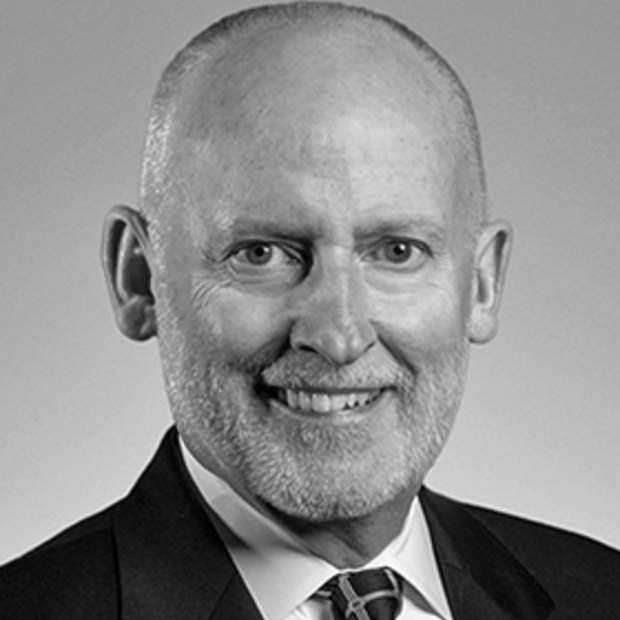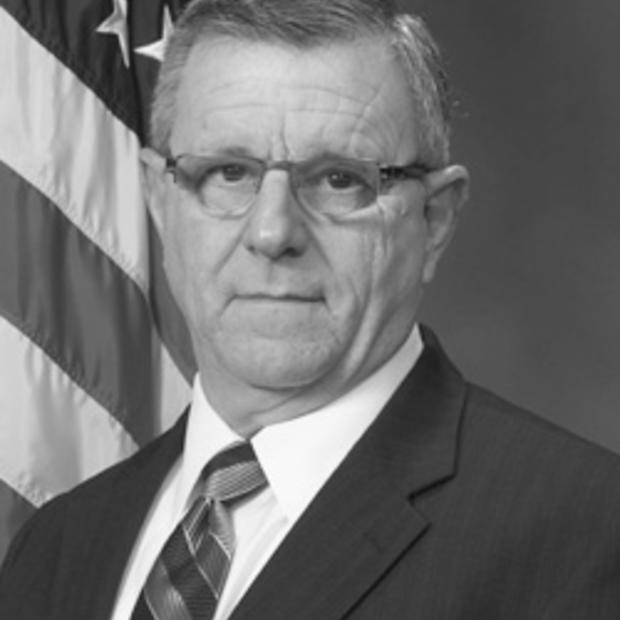It was a callous killing committed in the light of day, documented on video for all to witness.
Both of us have experience with policing, one as a patrol officer and detective and as an elected official in Seattle, the other as a California police chief and public safety adviser to three Seattle mayors. Both of us have worked for decades to address the centuries-old problem of oppressive policing.
What happened in Minneapolis has reinforced our belief that true reform is possible only with a fundamental transformation of police services.
What’s needed in American policing is a recognition that police officers are often called upon to handle “social order” events — people experiencing mental health crises, garbage and litter complaints, neighbor disputes, to name a few — which often do not involve criminal behavior. Requests for police services in Seattle number well over 700,000 a year; in many of these cases, police officers are not the most prepared or capable resource to deploy.
We advocate a new approach to policing that holds offenders and officers accountable and is responsive to the people of our city, a new approach designed to fundamentally change policing for the better. Here’s how.
- Requests for police services should be triaged so the best possible resources are deployed to help; it might not be a police officer. When someone dials 911 today, an officer may be dispatched regardless of the nature of the problem or whether that officer is the best equipped resource to send. However, if you call 911 with a medical emergency, there is a good chance an emergency medical software program will guide the 911 operator through a series of computer-generated questions designed to triage the best, most useful resource to dispatch. A similar approach should determine whether a caller needs a police officer or an alternative, more specialized resource, such as a mental health or substance abuse professional. And the use of video technology — as we have seen with telemedicine during the coronavirus pandemic — might allow an in-depth conversation with a police officer or other trained professional to address the problem without physically responding. Of course, better triage of 911 calls for police services will require setting up efficient and readily available alternatives, including urgent response teams skilled at resolving an assortment of social and behavioral health issues.
- We should reconsider the value of traditional police patrols — the practice of officers being unsystematically sent to neighborhoods to deter crime or “catch” offenders as they commit crimes. This approach can lead to excessive and inappropriate use of “stop and frisk” tactics. There is evidence these patrols are ineffective in preventing crime. Patrol officers can be deployed more purposefully to respond to neighborhood concerns, an approach that’s more consistent with the guardian partner approach to policing that neighborhoods usually prefer.
- We should revamp law enforcement disciplinary systems to incorporate a values-based model. Current administrative discipline systems assess whether an officer’s actions were legal and consistent with police policies. A values-based approach would answer both “can I do this?” and, importantly, “should I do this?” The discipline process should also be fully transparent to the public, not the convoluted, secrecy-laden, and confidence-destroying maze of oversight in place today.
- An independent, objective state agency should investigate all police use of force incidents that result in death. Initiative 940, passed by Washington voters in 2018 with nearly 60% approval, requires independent investigations of these events, but the process and resources for this work have not yet been fully implemented. Gov. Jay Inslee has already suggested creation of such an agency, and the Legislature should act quickly to establish it, perhaps as a division of the Attorney General’s Office.
- Police training should be changed to acknowledge the complexity of our times, with an increased focused on communication skills, learning to respond appropriately to low-level defiance, and significant training in behavioral health. Two police training academies should be required, one at the beginning of an officer’s career that focuses on the technical and legal skills required to do the job, and a second, more intensive academy that occurs a year or two later, when the officer is somewhat seasoned with a good mix of theory and experience. This second academy should focus on the nuances of human behavior and how best to respond to people in a variety of circumstances. Ongoing, rigorous professional development is essential to the transformation of policing.
We need to make all these changes — and likely others — to move the law enforcement profession into the direction of full transparency and accountability to the people being served. Let’s dedicate resources to this transformation so we use police officers in the way they were intended — guardians of public safety, not as social workers with guns used to resolve every intractable problem that society can’t figure out.
Let’s also not forget that our police officers are empowered to do work that most of us would never do; it’s a difficult and dangerous job, sometimes requiring spit-second decisions. Our officers are committed public servants and are essential to everyone’s safety and well-being.
What happened in Minneapolis was disgusting. The tragic killing of George Floyd has created the opportunity to undertake a deep, fundamental makeover of our police services. Let’s not let this opportunity slip away.




